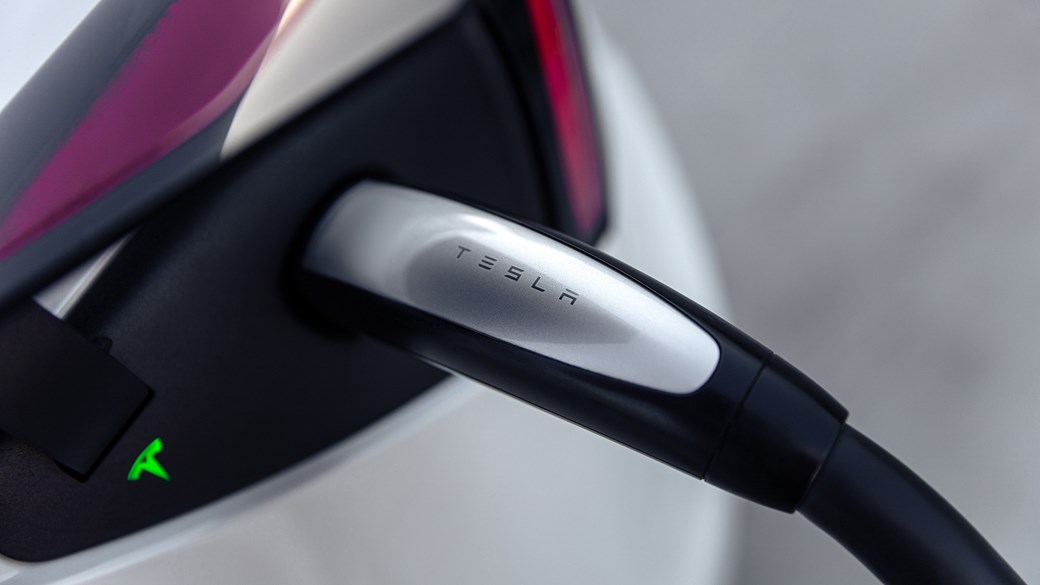
Electric vehicles (EVs) have been the poster child for eco-friendly transportation, offering zero emissions and lower running costs. But as the UK government shifts its focus to sustainable revenue streams, EV owners are about to face a new reality: road tax. Starting April 2025, the tax-free status of electric cars will come to an end. Let’s dive into what this means for you, how much you’ll pay, and what other incentives remain in place.
Why Are EV Tax Changes Happening?
The Bigger Picture
The UK government has long incentivized EV adoption through tax breaks, but as the 2030 ban on new petrol and diesel cars approaches, the Treasury is looking to fill the revenue gap. Vehicle Excise Duty (VED), commonly known as road tax, currently generates around £8 billion annually. With more drivers switching to EVs, that revenue is at risk.
A Necessary Shift?
While the change might feel like a blow to EV enthusiasts, it’s a logical step. After all, EVs still use roads, and maintaining infrastructure isn’t free. The question is, how will this impact the growing EV market?
Current EV Tax Rules: What You’re Paying Now
No Standard VED for EVs
As of now, electric car owners enjoy a significant perk: no standard VED charges. That’s right—zero road tax for EVs. But there’s a catch.
The Expensive Car Supplement
If your EV had a list price of over £40,000 when new, you’re liable for the “expensive car supplement.” This adds £390 to your annual bill for the first six years of ownership.
What Changes in April 2025?
EVs Enter the VED System
From April 2025, all EVs will be subject to VED. Here’s the breakdown:
- Pre-2017 EVs: £20 per year.
- Post-2017 EVs: £195 per year (the same as petrol and diesel cars).
- New EVs: £10 for the first year, then £195 annually.
The Expensive Car Supplement Stays
If your EV costs over £40,000, you’ll still pay the expensive car supplement, bringing your total annual VED to £795 for the first six years.
Electric Vans: What’s the Deal?
Light Goods Vehicle Classification
Electric vans will also face VED charges starting April 2025. Most will fall under the light goods vehicle category, with an annual fee of £345.

Company Car Tax: Still a Sweet Deal?
Benefit-in-Kind (BIK) Rates
While the tax-free status for EV company cars ended in 2024, the BIK rates remain low:
- 2024/2025: 2%
- 2029/2030: 9%
Shared Ownership Schemes
The government plans to phase out shared ownership schemes by 2026, which currently help company car drivers avoid BIK taxes.
EV Charging: Are There Hidden Taxes?
VAT on Charging
There’s no direct equivalent to fuel duty for EVs, but you do pay VAT on charging:
- Public Chargers: 20% VAT.
- Home Charging: 5% VAT.
EV-Specific Tariffs
Switching to an EV-specific electricity tariff can save you even more.
Should You Still Buy an EV?
Crunch the Numbers
While the upfront cost of an EV can be steep, the long-term savings are worth considering:
- Lower VED rates (until 2025).
- Reduced fuel costs.
- Potential savings on congestion charges.
The Environmental Factor
Beyond the financials, EVs offer a cleaner, greener way to drive.
Summary
The UK’s EV tax landscape is changing, but it’s not all bad news. While road tax is coming for electric cars, the rates remain competitive, and other incentives like lower BIK rates and VAT savings on home charging still make EVs an attractive option. As always, it pays to do the math and see how these changes affect your wallet.
FAQs
1. Will I have to pay road tax on my EV in 2025?
Yes, starting April 2025, all EVs will be subject to VED.
2. How much will I pay for road tax on my EV?
It depends on when your EV was registered:
- Pre-2017: £20/year.
- Post-2017: £195/year.
3. Do electric vans have to pay road tax?
Yes, electric vans will pay £345/year starting April 2025.
4. Are there still tax incentives for EV company cars?
Yes, but the BIK rates will gradually increase from 2% to 9% by 2030.
5. Is there VAT on EV charging?
Yes, public charging attracts 20% VAT, while home charging is taxed at 5%.



Post a Comment